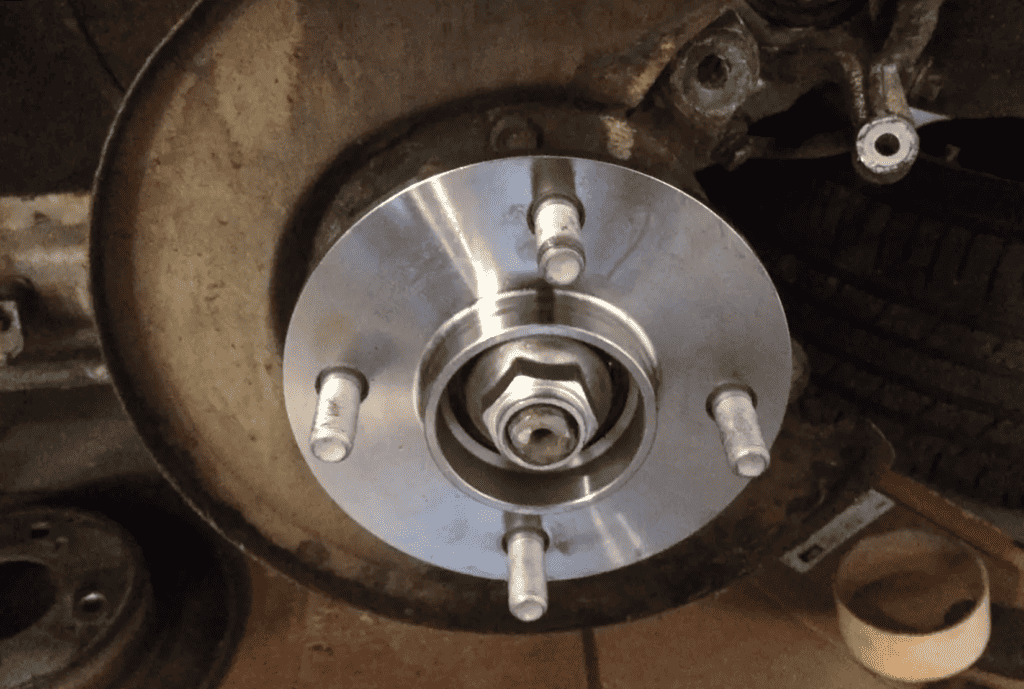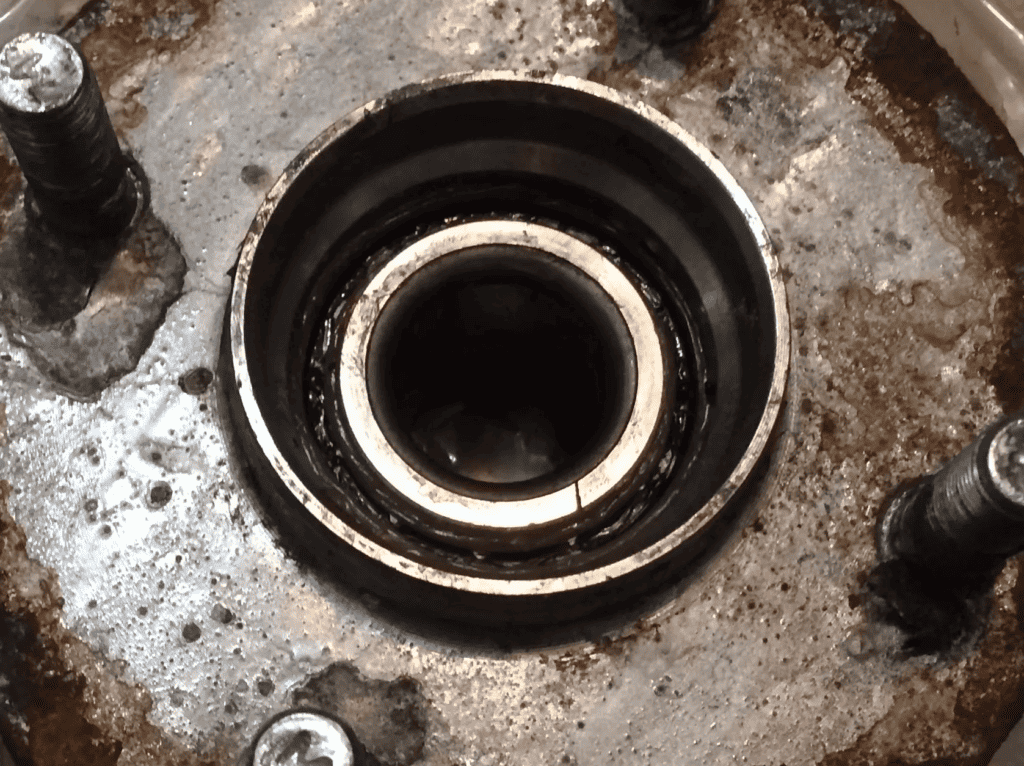Introduction
Wheel bearings are an often-overlooked yet essential part of a vehicle. Ensuring a smooth and quiet ride, they’re the unsung heroes of your vehicle’s functionality. But like all automotive parts, they’re prone to wear and tear, and knowing when they need replacement is key to preserving your vehicle’s performance and your safety on the road. This comprehensive guide will walk you through the eight most common signs that your wheel bearings need replacement, the cost implications, and the potential risks of ignoring a failing wheel bearing.
8 Symptoms of Bad Wheel Bearings: How Do I Know if My Wheel Bearing Needs Replacing?
There are several signs that your wheel bearings may be on their last legs.
1. Unusual Noises: One of the first signs of failing wheel bearings often involves peculiar sounds emanating from your wheels. These can range from a constant hum to a high-pitched squeal or even a grinding noise.
2. Loose Steering: An unresponsive or loose steering wheel could be another indicator of a bad wheel bearing. If your vehicle’s steering feels off, the bearings might be the root cause.
3. Uneven Tire Wear: A faulty wheel bearing may cause your wheels to tilt inward or outward, leading to abnormal tire wear, which can serve as a symptom.
4. Steering Wheel Vibrations: If you experience vibrations in your steering wheel that amplify with acceleration, it’s a potential sign that your wheel bearings are in trouble.

5. Vehicle Pulling to One Side: If your vehicle tends to pull to one side while driving straight, this could be a symptom indicating a problem with your wheel bearings.
6. Looseness in Wheels: A sense of “play” or looseness in the wheels is another sign hinting that your wheel bearings might need replacing.
7. Overheating Tires: Continuous overheating of your tires can be traced back to a bad wheel bearing, serving as a possible symptom.
8. Metal Debris or Shavings: The presence of metallic debris or shavings in the wheel well or around your wheels is a clear sign of considerable wear, pointing towards imminent wheel bearing failure. Upon spotting such signs, it’s strongly advised to consult with a professional immediately for a thorough inspection and potential replacement.
The Cost of Replacement: How Much Does It Cost to Replace Wheel Bearings?
The cost of wheel bearing replacement can vary widely, depending on your vehicle make and model, the quality of the parts used, and labor costs in your area. On average, you can expect to spend between $250 to $500 per wheel. High-end or luxury vehicles can run higher, sometimes reaching up to $1000 per wheel. These costs highlight the importance of regular maintenance and early detection of issues, which can prevent the need for complete replacement.
The Risks of Ignorance: What Happens If Wheel Bearing Is Not Replaced?
When you neglect a failing wheel bearing, it sets off a chain of hazardous possibilities. The most drastic scenario involves a complete bearing failure, causing the wheel to detach from the vehicle while in motion. This could lead to devastating accidents and potentially life-threatening situations. Not just a risk to your personal safety, driving with a faulty bearing can also be detrimental to your vehicle’s overall performance.
In addition to causing handling issues, a compromised wheel bearing can also lead to increased wear and tear on other parts of your car, such as the axle and the hub. As a result, this could translate to more extensive, and consequently more expensive, repairs down the line. In the grand scheme of things, failing to address a faulty wheel bearing could end up costing you more, not just in terms of money, but also in terms of safety and vehicle performance.
The Lifespan of Wheel Bearings: How Many Years Do Wheel Bearings Last?
The lifespan of wheel bearings varies depending on a multitude of factors, including driving conditions, vehicle type, and maintenance practices. On average, wheel bearings should last between 136,000 to 160,000 kilometers. However, rough driving conditions, such as off-roading or driving on potholed roads, can shorten their lifespan significantly. Regular maintenance and inspection can help prolong the life of your wheel bearings.
Driving on Borrowed Time: How Long Can I Drive on a Bad Wheel Bearing?
Determining the length of time one can drive with a bad wheel bearing heavily depends on the severity of the bearing’s damage. It might be technically possible to drive a vehicle with a failing bearing for a few kilometers, but this is not a recommended course of action. Even though the bearing hasn’t completely broken down, it could be causing other issues within your vehicle’s internal system. Small problems could quickly escalate into more significant ones, causing further damage to other components of your vehicle, such as the hub, spindle, or axle assemblies.

Furthermore, the risk factors associated with driving on a bad wheel bearing are considerable. A compromised wheel bearing can lead to decreased car control, potentially resulting in serious accidents. It’s also worth noting that the condition of a bad wheel bearing can deteriorate rapidly, especially under the stresses of high-speed driving. Therefore, while it might be tempting to delay repair for reasons such as convenience or cost, it is always safer and ultimately more cost-effective to address the issue of a bad wheel bearing promptly. Doing so can help ensure your safety on the road and save you from potentially expensive repair bills in the future.
Conclusion
A smoothly running vehicle relies heavily on the condition of its wheel bearings. Recognizing the signs of a failing bearing and addressing the issue promptly not only maintains the optimal performance of your vehicle but also ensures your safety on the road. While wheel bearing replacement might be costly, the price is insignificant when weighed against the potential risk of accidents and the escalating repair costs if left unaddressed. Regular vehicle maintenance and bearing inspections can help you catch any issues early on, prolong the life of your wheel bearings, and save you from future headaches.
